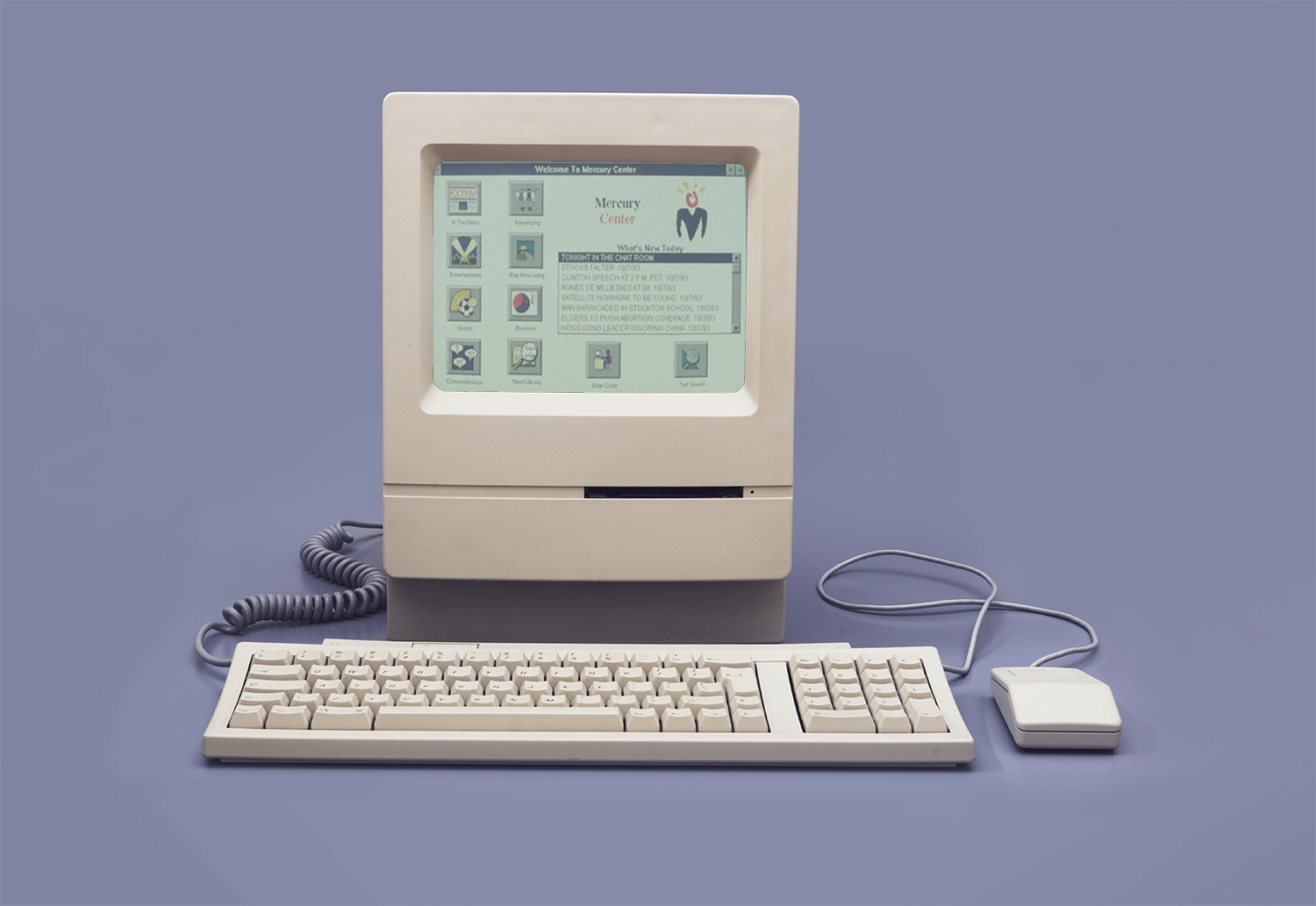June 15th marks the 40th anniversary of Nelson Poynter's death. He was, according to his obituary, "renowned nationally for his editorial independence and innovative journalism."
Images of the founder of the Poynter Institute hang in the halls here. He's always in a bow-tie, always smiling, often holding a newspaper. But when Poynter's previous librarian, David Shedden, compiled a list of quotes from Nelson Poynter, it became pretty clear that his ideals hold up pretty well, too.
He spoke about trust in 1977, 40 years before that was a word so many in the industry were studying. In 1947, 71 years before Sinclair made headlines for one-size-fits-all messaging that many saw as political propaganda, Nelson Poynter spoke about independence. He had thoughts on evolving with our audiences, the dangers of chain ownership, revenue and, my favorite, technology.
"As an industry, we must improve and expand – or we will dwindle and die."
That was in 1946.
Here are 10 quotes from Nelson Poynter that feel pretty relevant today.
On trust:
“It is a sacred business because it’s dependent upon the confidence and acceptance by many readers and therefore, they trust you. So, saying it’s a sacred trust is merely fulfilling a trust that someone manifests in paying a nickel, a dime, 15 cents or 25 cents (newspapers have gone up since 1947) and that’s a vote of confidence every day. They don’t have to buy the paper. They should have a wide choice. So if I borrow ten dollars from you without your note or collateral, you trust me. If you buy a newspaper from me, you trust me.” January 12, 1977
Related: Why we're looking back at Nelson Poynter and his exceptional vision
On the role journalism plays in democracies:
“When we turn to history we can draw inspiration from those who risked their necks and their economic lives to keep the free press free. Every year newspapers are cited for Pulitzer prizes and other awards in recognition of spectacular crusades and courage. But we have an even greater daily triumph of American journalism in helping to fulfill less spectacular but imperative needs. Without these self-government cannot endure.” November 4, 1961
On independence:
“The owners of a publication or broadcasting station cannot compromise with the integrity of the news and information that is sold or given to the public.” August 6, 1947
On the necessity of evolving as an industry:
“We have to be able to convey more information in less reader time to survive….It takes too long to dig out the information from even a good newspaper. We think The Times is a very good paper, but we haven’t captured the formula of being able to give you more information tomorrow morning in less time as you’re getting up, getting dressed, and getting on to your day’s work.” January 12, 1977
On the future of the Modern Media Institute, which is now called Poynter:
“Modern Media Institute is going to be something big and important — it has to live modestly for quite a number of years, but its job is to help train the people who are going to help maintain the stability, the progress, the integrity of self-government.” January 12, 1977
On why local ownership matters:
“A chain owner cannot do justice to local publications or radio stations. His devotion and loyalty to any one area is bound to be diluted or divided if he has other ownerships and interests.” August 6, 1947
On why local owners have to care about the communities they serve:
“A publication or broadcasting station must be aggressive in its service to the community and not wait to be prodded into rendering that service. A publisher or broadcaster must share the zeal and enthusiasm for what is new each day. He does not belong as an owner unless he has such enthusiasm.” August 6, 1947
On why we have to get the tech right:
“As custodians of one of democracy’s essential freedoms we are guilty of technological backwardness. We have been remiss in discovering new tools to implement that freedom. As an industry we have done practically nothing to further basic research. ….We have learned enough to know that we have learned little. We have learned that as an industry we are backward in research, and that we are not seizing the new technologies and discoveries of recent years. As an industry we must improve and expand — or we will dwindle and die.” November 2, 1946
On why news isn’t free:
“….One of the foundations of newspaper and broadcasting integrity is that if it’s worth doing, it’s worth charging for. It’s important to the capitalistic system, which is tied to self-government, that it be profitable. I don’t think there’s any incompatibility whatsoever in a good newspaper, a good medium of communication, and profit. In fact, I think it’s essential that if the medium is going to be free and independent, that it must not be dependent upon some other source of income, whether it’s a benign foundation or a rich owner.” January 12, 1977
On why journalism isn’t dying or dead:
“Forty years ago when I was a freshman in college, I was told by newspaper veterans that journalism’s great days were fading, and that the future for individual proprietorship was foreclosed. ….The American press may be the best in the world — but it must be better — in the immediate future — if self-government and individual freedom are to survive in a hostile world. I am convinced that the readers today are ahead of most of their papers. This spells opportunity to young men and women with the gift of communication and the curiosity and compulsion to tell the many-sided story of the complicated world in which we live. ….While I have watched newspapers fold and press empires die, I also have seen others rise. Imagination, energy, resourcefulness and courage have played a more important role than mere money in most of these ventures.” May 4, 1961









